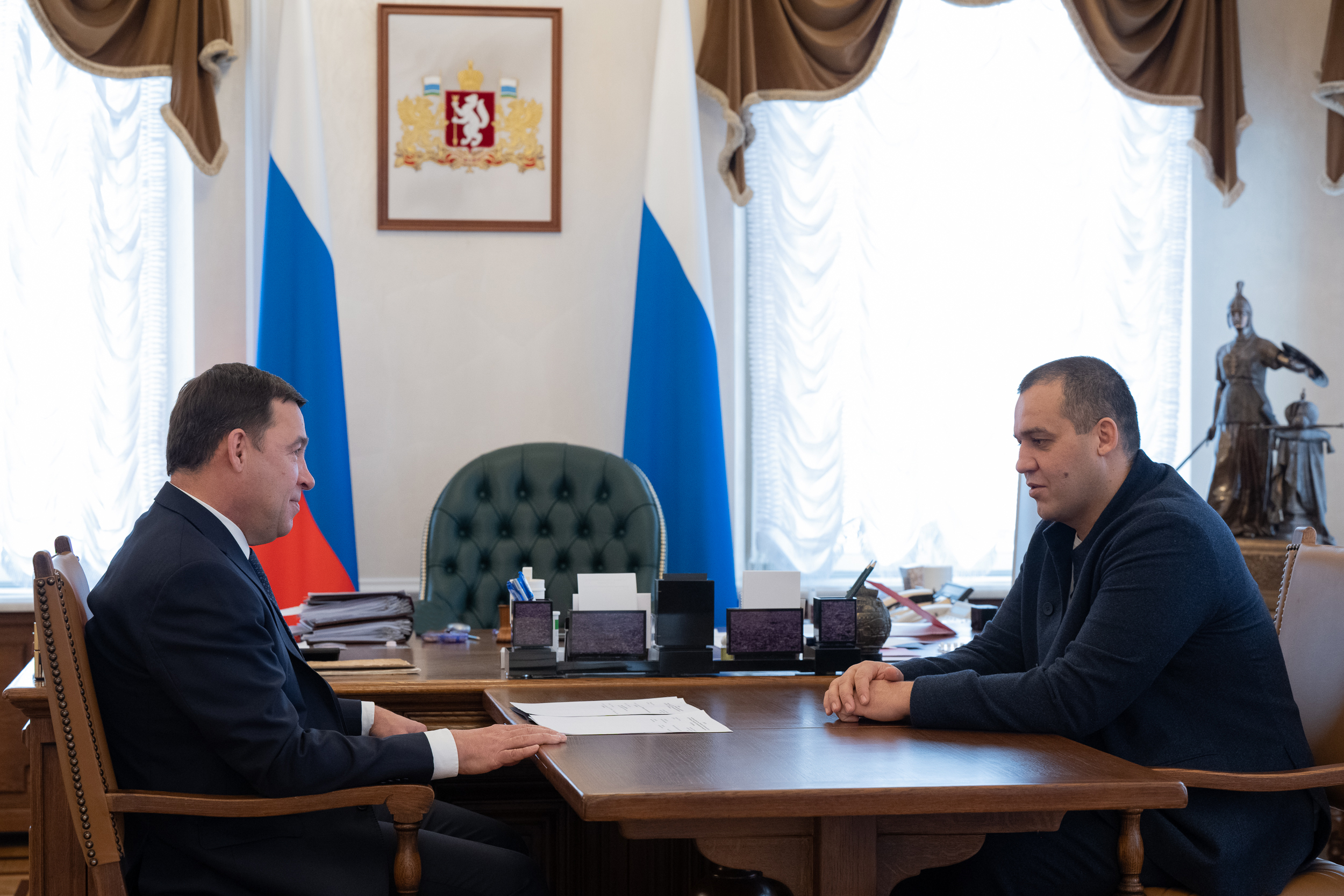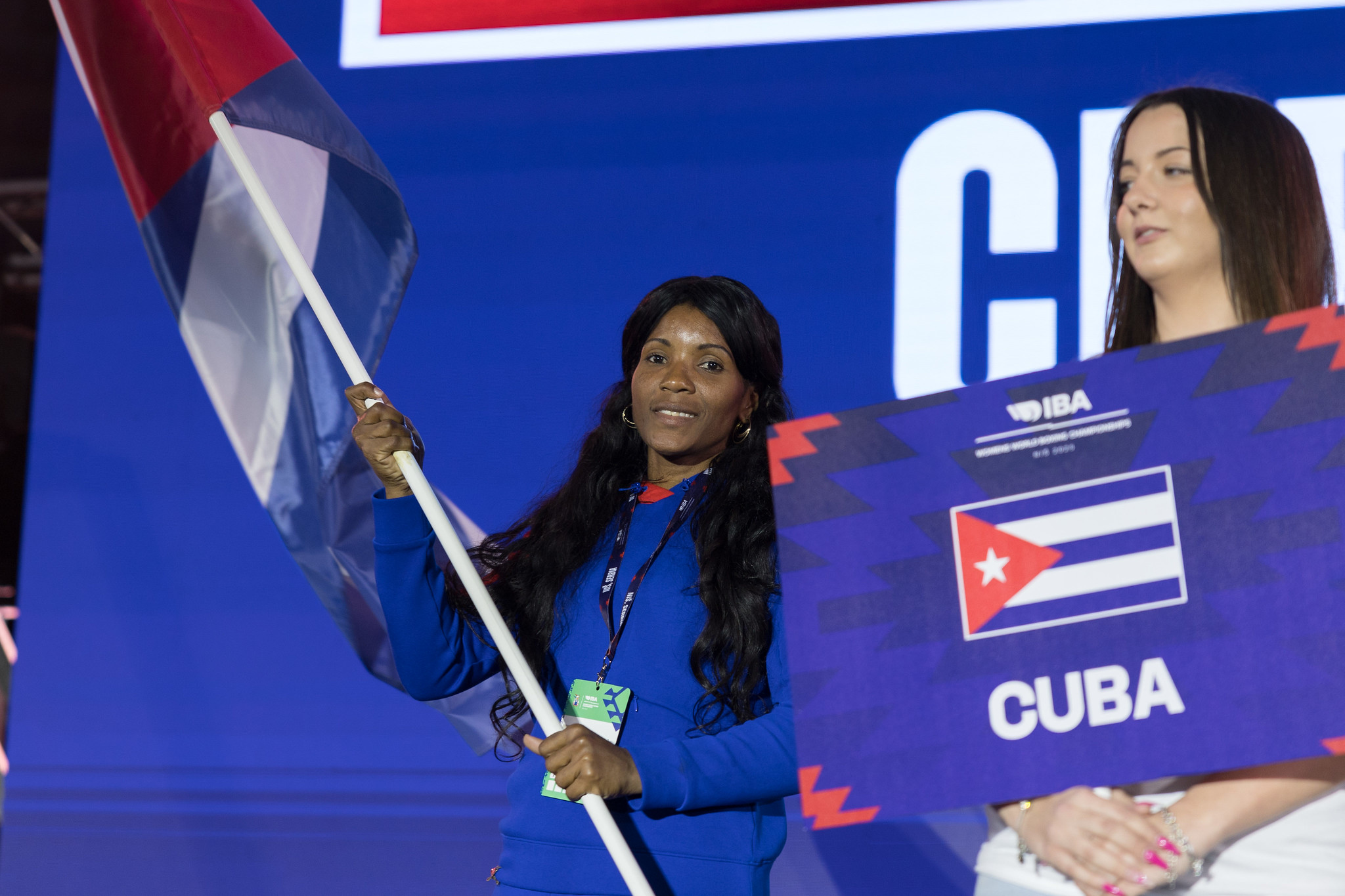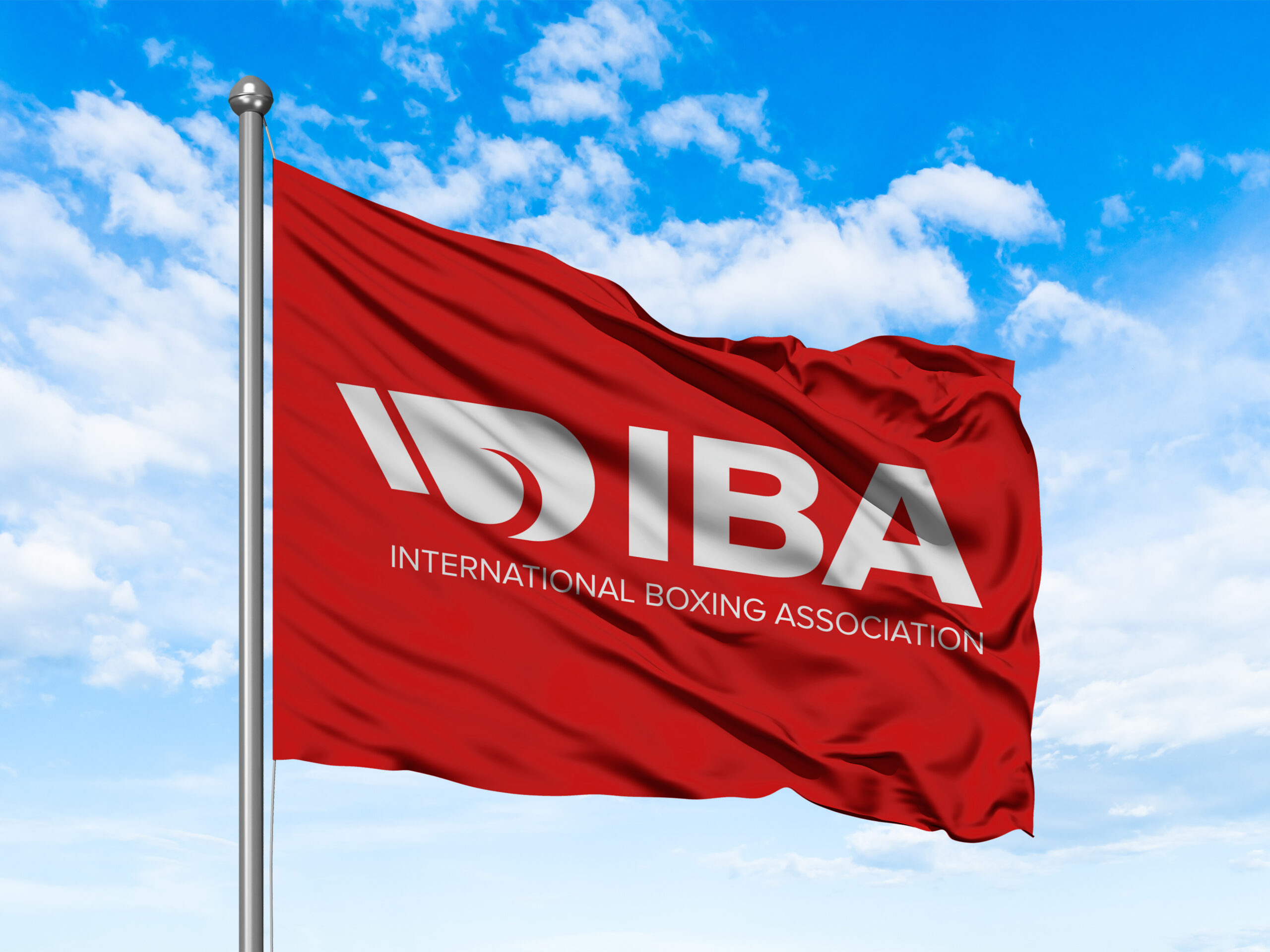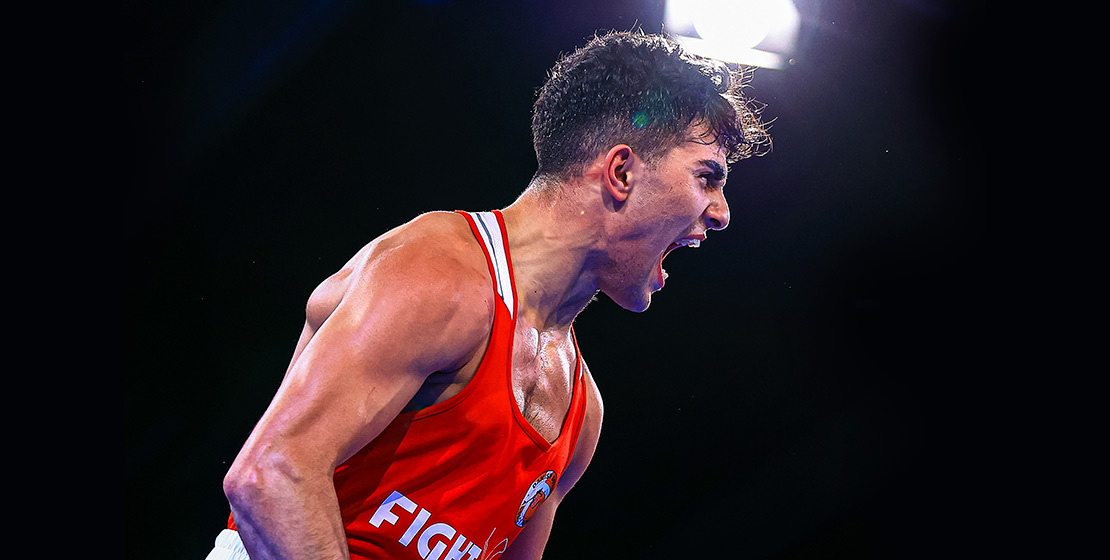Anna Laurell makes a comeback
January 28th, 2014 / All
Sweden’s former Women’s World Champion Anna Laurell returned to the world of boxing at the Golden Girls Championships in Boras, Sweden. It was her first major appearance since the London 2012 Olympics where she competed at Middleweight (75kg). The 33-year-old Laurell decided not give up on her Rio 2016 Olympic dream after learning that the International Boxing Association (AIBA) had raised the upper age limit of women boxers.
Laurell started her boxing career 1997 and began competing internationally two years later in 1999 when the women’s sport was born. Her career highlights include a gold medal from the historic 2001 AIBA Women’s World Boxing Championships in Scranton, the first ever time the event was held. She repeated the feat in 2005 before taking silver in 2008 and bronze in 2012.
In Boras, she defeated AIBA Women’s Youth World Champion Love Holgersson who is 13 years younger in the final. This was an excellent result for the veteran boxer. We talk to her to find out more.
How and when did you get involved in boxing?
I was looking for some good training and found that the local club in the town where I come from (Lund) had a girls group. I went to that with three girlfriends the first time in late 1997. I had no intentions of getting in the ring. I was a bit afraid of boxing and thought it was dangerous. I changed my mind pretty quickly…
Who was the biggest influence in kick starting boxing career? Is there any connection of your family with boxing?
John Brikell my former trainer was the biggest influence. He trained and coached me for over 10 years. My husband, Daniel Nash is the head coach at the club The rest of the family have no connection to boxing.
How many boxers train in your club and what is your opinion about Sweden’s current Women’s boxing scene?
About 20 boxers train in my club regularly at different levels plus a lot of fitness boxers. I don’t think we have got the right financial conditions to really help all our boxers to reach their goals. Some of our fighters have really good talent and potential but they struggle to manage having a job or school at the same time as training.
How often can you train in a week?
Now since I’m working I do around nine training sessions per week but I used to do a lot more. Early morning training usually invlolves running intervals or strength training. I work all day then box at the club at night. I believe in hard work and in enjoying what you do.
What were your first ever competitions?
My first fight was at a local gala in the neighbouring town in Malmö where I won! Internationally speaking, when I started boxing I lived very close to Denmark so we went there for fights but my “real” international debut was in Fenix Box Cup in Finland.
You took gold in the AIBA Women’s World Championships in Scranton in 2001. How do you remember that event?
It was very exciting. The first ever World Championships for women and I knew I had a chance to win. It was one of the greatest victories of my life.
Did you enjoy the London 2012 Olympics?
It was great but also very hard. One of the greatest moments of my life was walking into the Olympic boxing arena and I couldn’t stop smiling. It was pretty hard for me to focus and I knew I would be retiring afterwards so it was my last competition. After my loss to eventual winner Claressa Shields I felt very low even though it was a great achievement to even get to the Olympics. But I would never be happy with just that.
What was the reason returning to the world of boxing?
I really missed the training and after being asked to participate in a tv show against other ”old athletes” I started training again to get into shape. By then the age limit had already changed. The training felt so right so I thought, why not start boxing again?
How did you feel in the Golden Girls Championships?
Pretty rusty in my boxing but I got better every round. I loved it and know now after the fight what I need to work on. My final opponent was AIBA Youth World Champion Love Holgersson, she is a very talented young boxer with a lot of technical skills.
Anna, what is the difference between women’s boxing in 2001 and 2014?
Well I think women’s boxing has developed in every aspect. We are stronger, faster and have better boxing skills now.
May I ask you what your future plans in boxing are?
I want to do a few fights in Sweden first to see how it feels. I still dream of an Olympic medal so if it all goes good I will try to go for that.
What life do you have in mind after your boxing career?
I just got married so hopefully someday we will have a family. I’m currently doing my last year as a PhD student in chemistry so there are a lot of opportunities. I also wish to work within the sport and develop my skills as a trainer with time.






